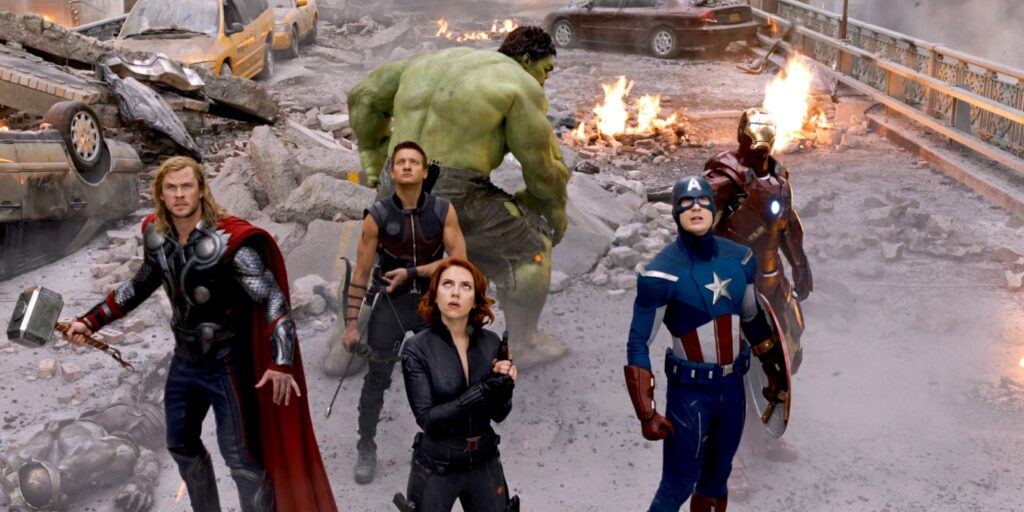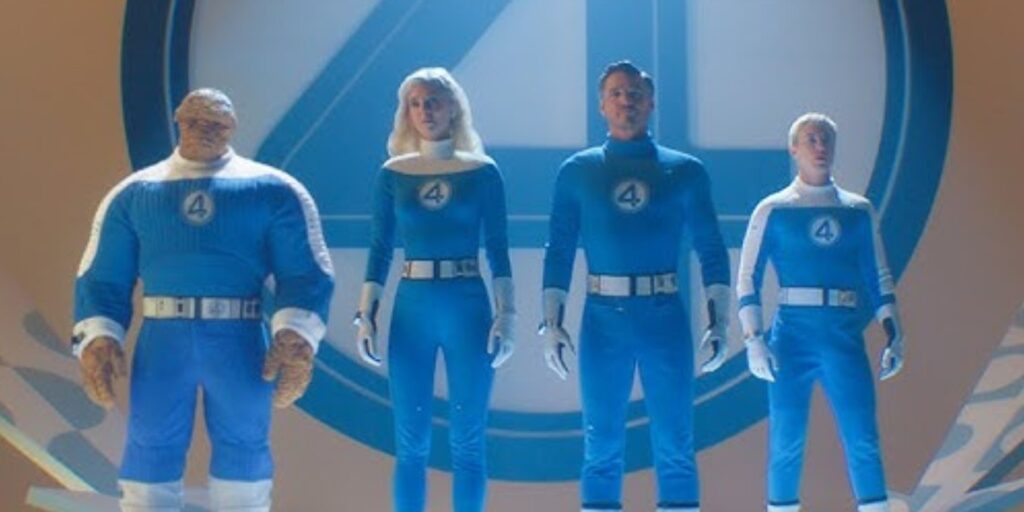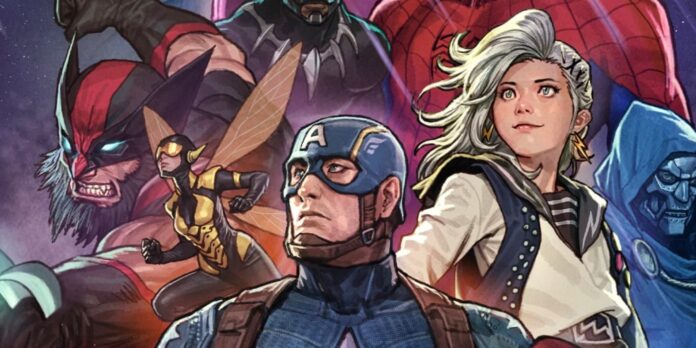For nearly two decades, the Marvel Cinematic Universe has rewritten the rules of blockbuster storytelling. Since Iron Man‘s debut, the MCU was not just a franchise, but a cultural phenomenon, and a massive experiment in interconnected cinematic storytelling that millions eagerly followed for years. However, there is a difficult side to that type of success: maintaining it.
As dozens of movies, Disney+ series, and multiversal side-streets now clog the calendar, the MCU is becoming too large, too congested, and too tangled to allow new viewers to enter. Moreover, the Multiverse Saga has not matched the towering heights of the Infinity Saga, and Marvel Studios appears to be aware of it. The franchise does not simply require new characters; it requires a radically renewed base. And strangely enough, Marvel Comics already developed the ideal template of such a reboot 20 years ago.
Marvel’s Big Reset After ‘Secret Wars’ Should Follow The Ultimate Comics Playbook

In the early 2000s, the Marvel Comics universe was in a complicated place. The decades of convoluted continuity, chronology, and character history made it daunting for new readers to begin anywhere. Marvel had to have something refreshing, bold, and less time-consuming. Thus, the Ultimate Universe was created. Earth-1610 was not a reboot; it was a re-invention. Characters were brought up to date, and the origin stories were re-told with more stakes and realism.
Related: How ‘Avengers: Secret Wars’ Is Rewriting MCU’s Future
Peter Parker was a teenager once more, leading a new and modern life, and the X-Men, the Fantastic Four, and the Avengers were redesigned. It didn’t just bring back Marvel Comics; it became the artistic foundation of the MCU itself. Nick Fury being modeled after Samuel L. Jackson? That came from the Ultimate Universe? Tony Stark’s swaggering modernity? Also, Ultimate Universe.
Even the MCU’s grounded military-political tone in films like ‘Captain America: The Winter Soldier’ owes a debt to Ultimate storytelling. Now, history is repeating itself. Ironically, Marvel Comics re-launched a new Ultimate Universe in 2023, which is also in hopes to fix the same issue that the MCU is once again experiencing: too much continuity. As Marvel intends to terminate its existing Ultimate run in 2026 with ‘Ultimate Endgame’, the lesson is obvious: comic-book universes must change, renew, and redefine themselves when they become too dense.
How The Ultimate Universe Could Save The MCU’s Next 20 Years

Marvel Studios has regained nearly all its key characters, the X-Men, Fantastic Four, Spider-Man, and all the others in between. Marvel has never had all the ingredients to create a truly cohesive, smooth universe in the history of cinema. However, rather than merely declaring an X-Men-centered Mutant Saga, Marvel has been alluding to something less obvious, a reset, not a hard reboot, but a soft re-creation.
In case you missed it: Marvel’s Most Regrettable Mistakes In The MCU
That’s exactly why the Ultimate concept fits the MCU’s needs better than any mutant-focused storyline. Imagine a fresh MCU Earth where: The X-Men, Fantastic Four, and Avengers all coexist from day one. Legacy roles can be filled by new actors without replacing popular performances. And the current cast, like Tom Holland or the new Fantastic Four cast, can be continued.
This would not destroy all that preceded it, just as Ultimate Comics did not destroy Earth-616. It would merely provide a new entry point to both old and new fans. Moreover, Ultimate Comics did not simply retell old stories; it had the guts to twist them. By following a similar philosophy, the MCU will be able to keep the characters that people love, and allow filmmakers to write unpredictable, daring stories that do not need to be based on 15 years of backstory.





